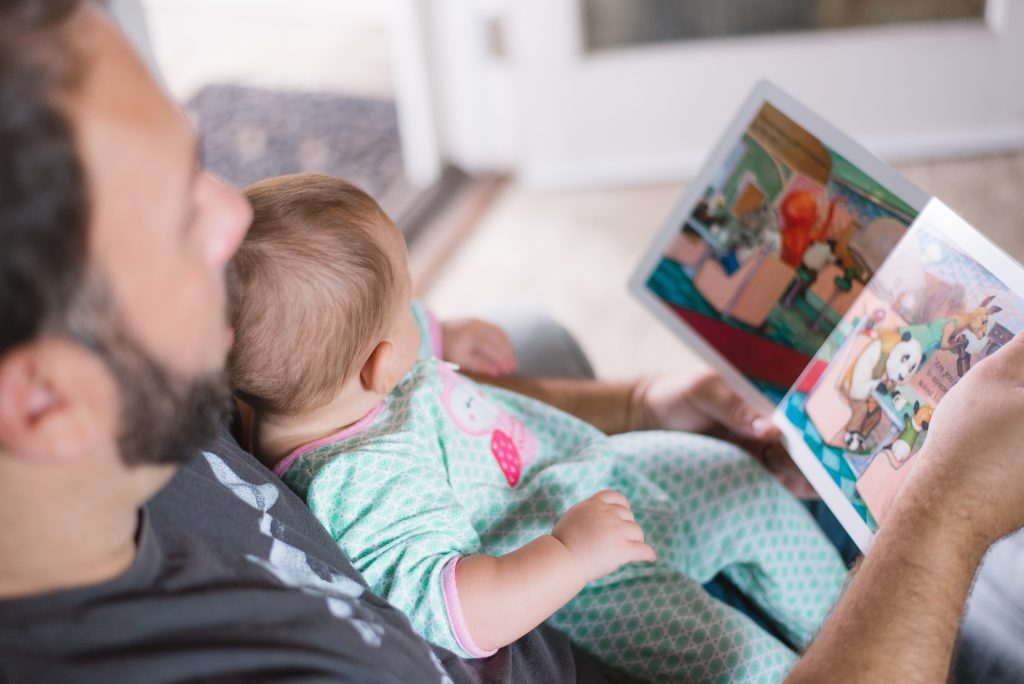
The Department for Education (DfE) is currently consulting on proposals to amend the Early Years Foundation Stage. They propose relaxing the requirements around the minimum qualifications levels for the sector including: These proposals are intended to allow flexibility to providers as a recognition of the recruitment and retention crisis currently faced by the early years […]
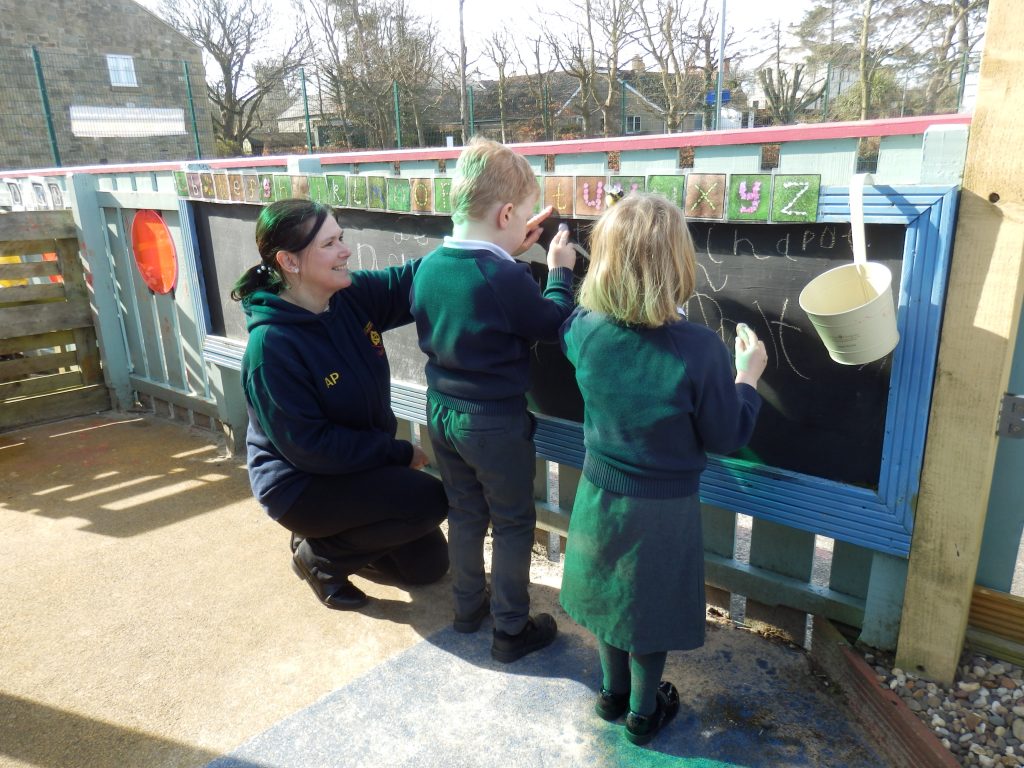
In this article, Kate Irvine from Bristol Early Years discusses the impact of practitioners engaging in a sustained process of CPD through cluster groups and the communities of practice to improve children’s learning and development, with additional benefits for staff wellbeing and retention. When we first embarked on the “Building on EYFS” project back in […]
DfE has issued slightly more detail about the planned uplift in the hourly rates for the current and new entitlements, following the announcements in the recent Budget. A recent ministerial response to a parliamentary question also confirmed that the expected rate for under 2s will be around £11. The DfE’s calculations are predicated on assumptions […]
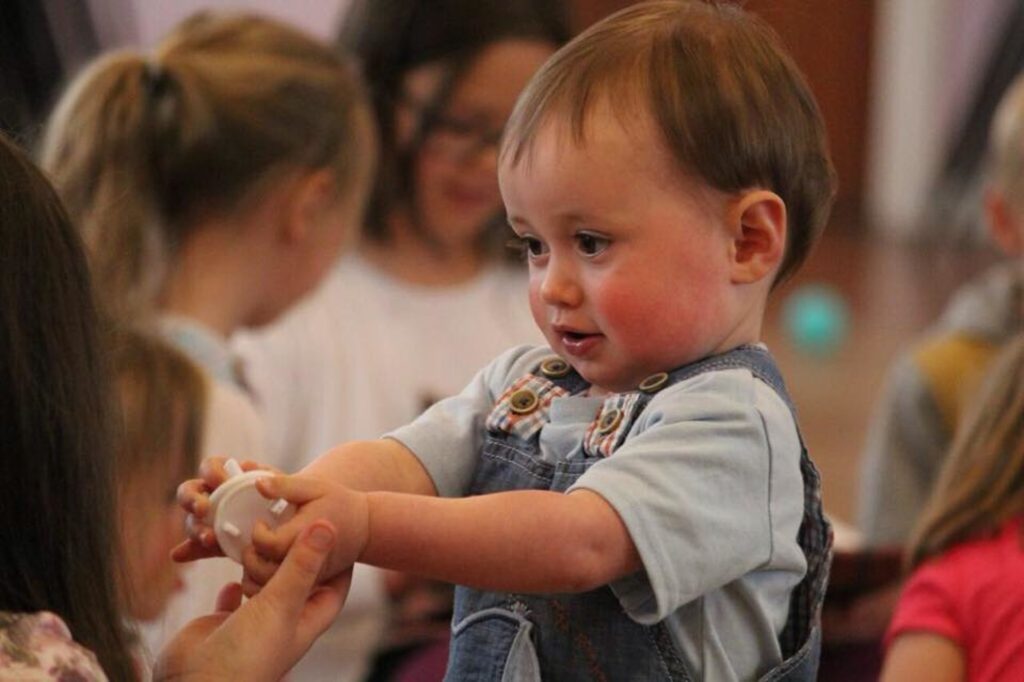
The Department for Education (DfE) have published their response to the consultation on potential changes to staff:child ratios. The consultation received responses from nearly 10,000 parents, around 3,000 providers from across the sector, virtually all local authorities and many charities and sector organisations. The document acknowledges that there was overwhelming opposition to the proposal to […]

In today’s budget the Chancellor has confirmed several new measures on early education and childcare: Our analysis The decision to relax the ratios for 2-year-olds from 1:4 to 1:5 despite overwhelming opposition from the sector and parents is extremely disappointing. While most of the sector are unlikely to implement this, the pressure on settings budgets […]

Today, Early Education, the NAHT, NEU and Unison have jointly written an open letter calling on the government to address the shortfall in early years funding. The letter asks the Secretary of State for Education and the Chancellor to prioritise raising the funding for the early education entitlements: Before any expansion of the number of […]
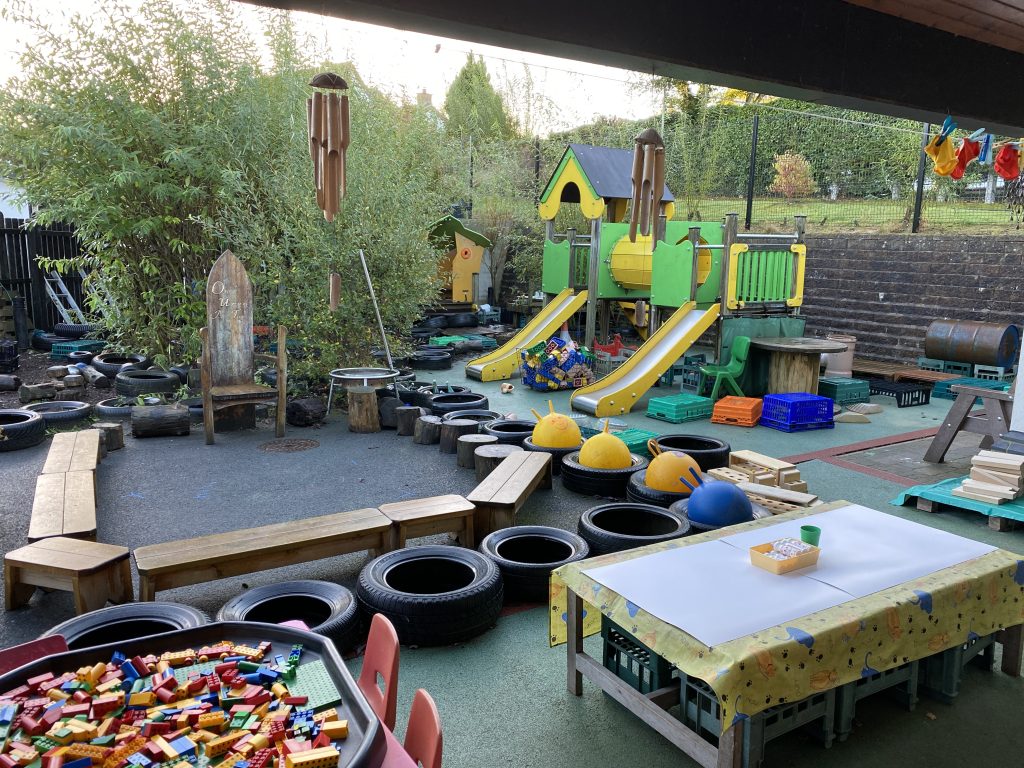
Back to overview of chapter resources Chapter authors Nancy Stewart Kierna Corr Julia Henderson Chapter overview Play is a fundamental in childhood, and enshrined as a right within the United Nations (1989) Convention on the Rights of the Child. Although children play in different ways depending on cultural and environmental contexts, playing is a universal […]

Back to overview of chapter resources Chapter authors Verity Campbell- Barr Sasha Tregenza May Chapter overview In this chapter, we explore and analyse developments in the Early Childhood Education and Care (ECEC) curriculum, tracing philosophical concepts and policy influences, to identify what has shaped current understandings of an ECEC curriculum. This journey of evolving ECEC […]
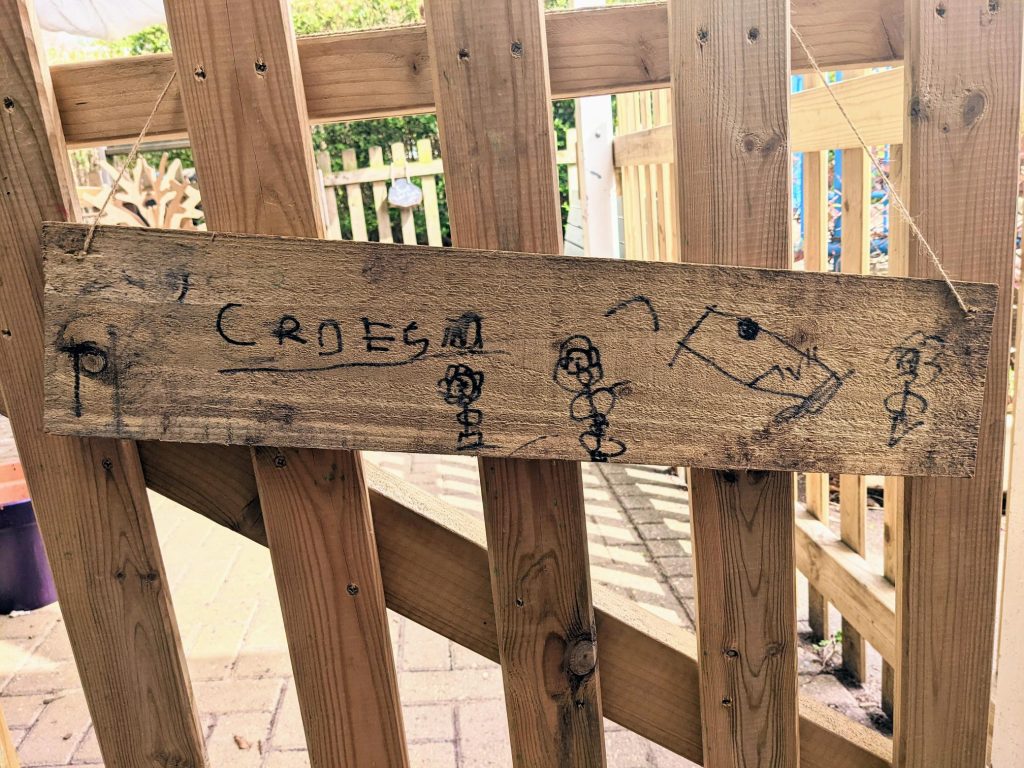
Back to overview of chapter resources Chapter authors Sue Allingham Nicola Brinning Chapter overview This chapter is built around the policy contexts of Wales and England. This immediately requires a definition of terms, which we seek to do through prac- tice examples throughout the chapter. With an emphasis on observation in the moment and practitioner […]
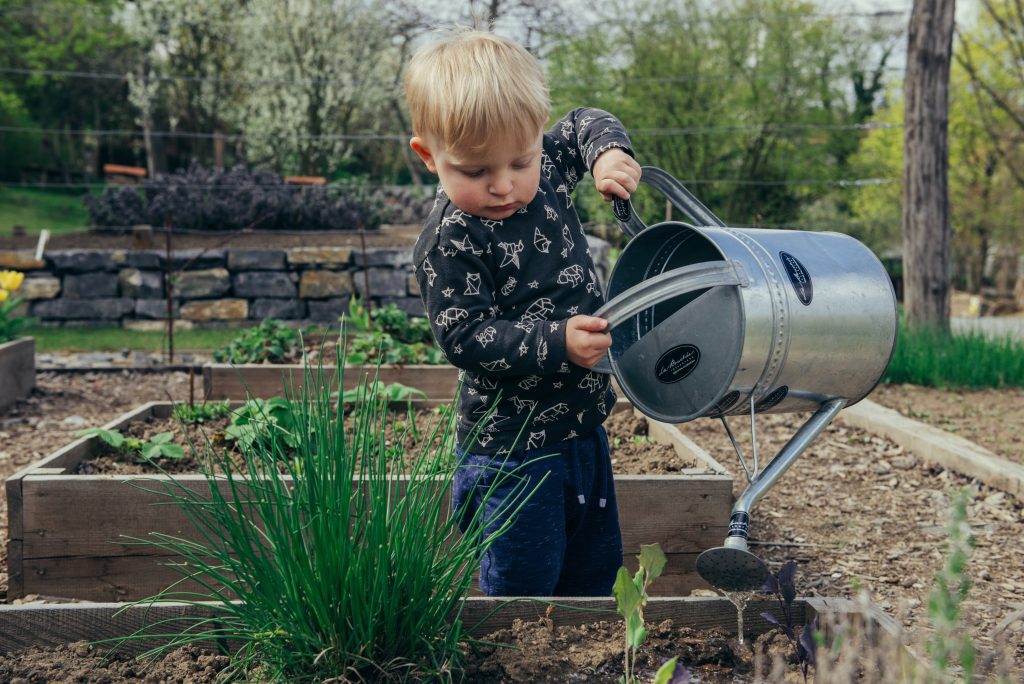
Back to overview of chapter resources Chapter authors Alison Featherbe Louise Lloyd-Evans Helen Moylett Chapter overview In the early years, where our habits of mind and learning dispositions are formed, we can help to cultivate young children’s social imagination; supporting them to think creatively, critically and optimistically about the state of their world and their […]








